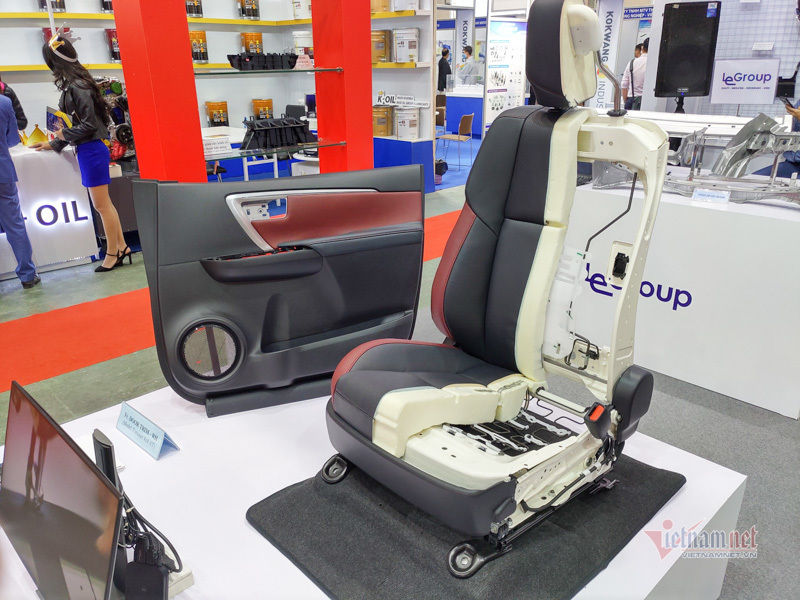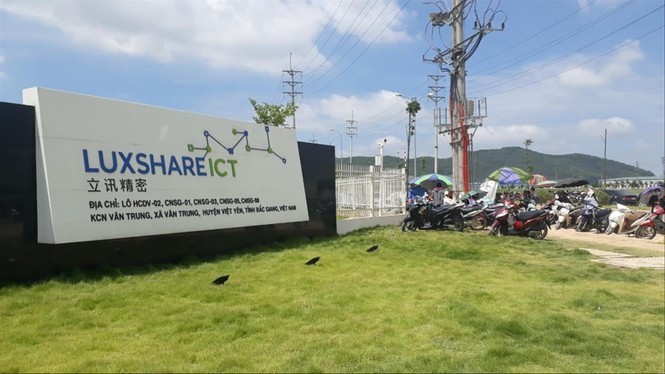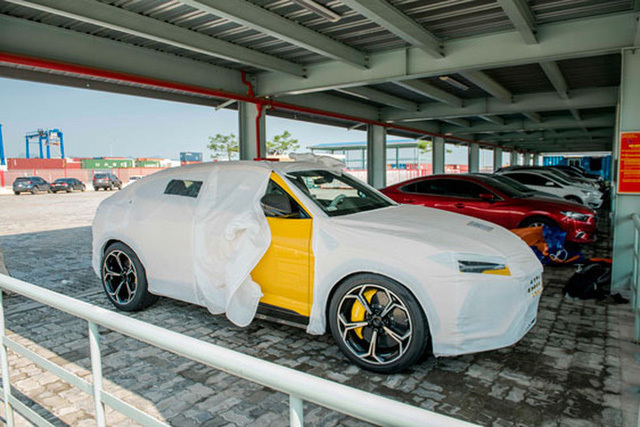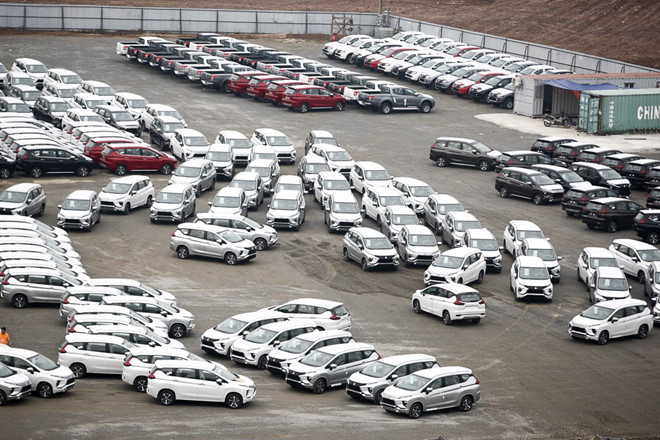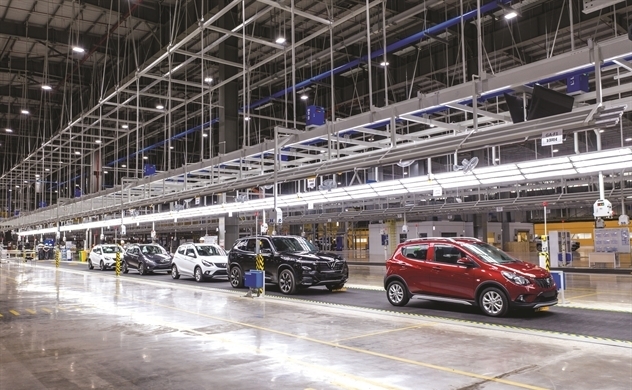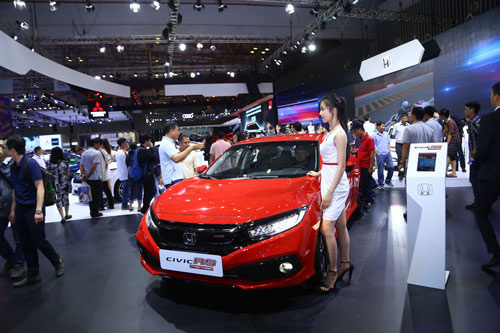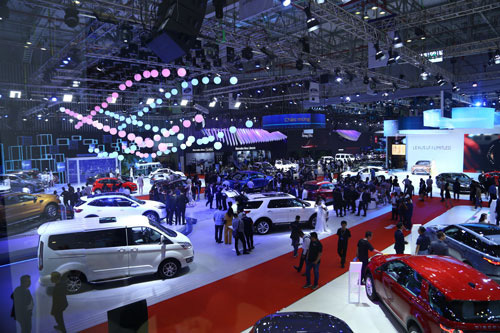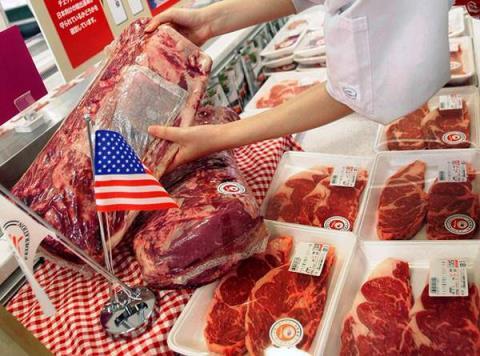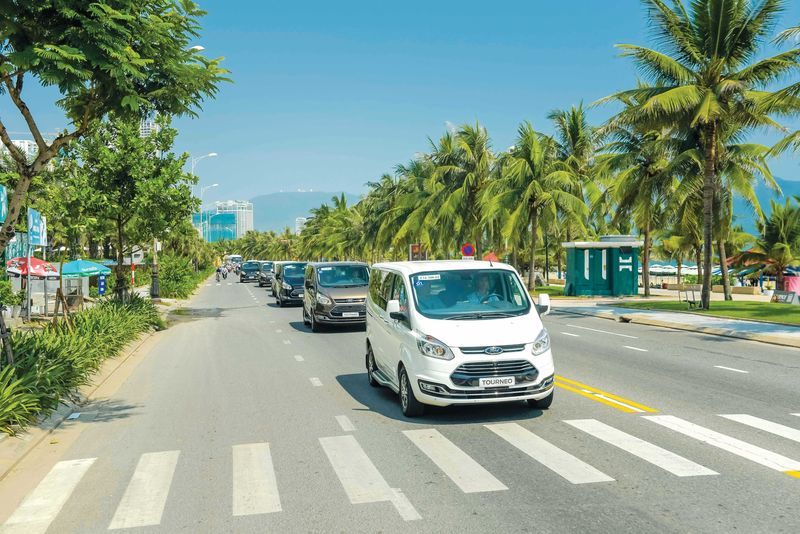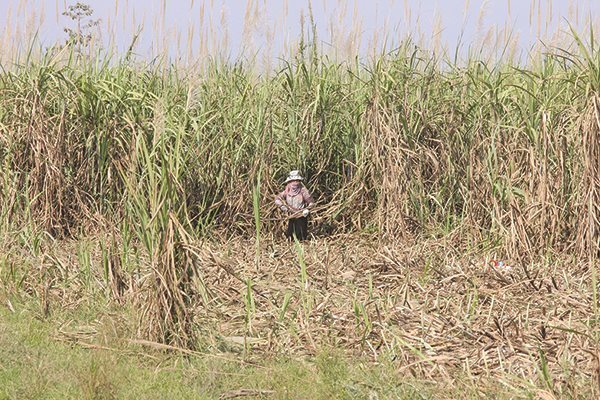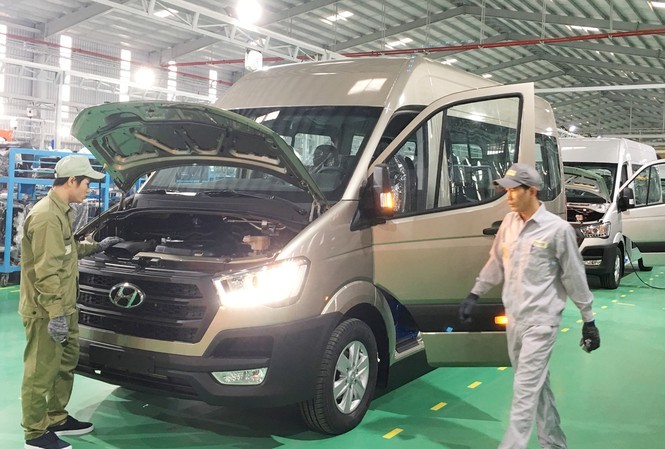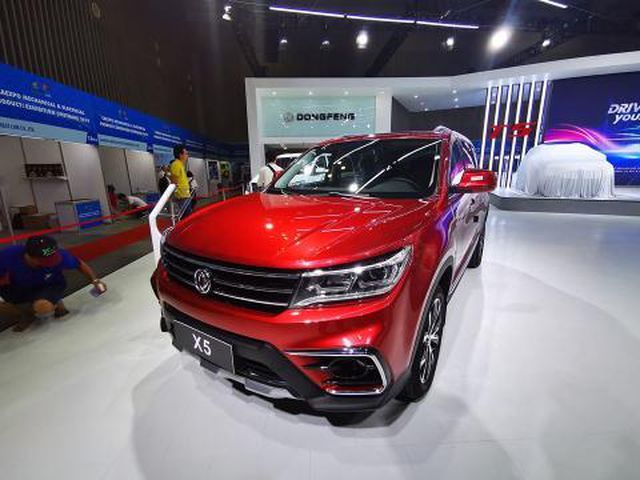- © Copyright of Vietnamnet Global.
- Tel: 024 3772 7988 Fax: (024) 37722734
- Email: evnn@vietnamnet.vn
tariff cut
Update news tariff cut
Automobile industry: localization ratio still low, price still high
After 25 years of development, the automobile industry has failed to reach its localization ratio goal, while cars in Vietnam are more expensive than other regional countries.
Vietnam to change tax, customs policy to encourage automobile industry
Developing an automobile industry is a part of the strategy to turn Vietnam into a modern and industrialized country by 2030. More preferences for the industry will be offered in the time to come.
Businesses diversify products to enter EU market
Plenty of local firms have weathered the COVID-19 crisis by selecting niche markets and diversify products to enhance their competitiveness and gain access to the EU market.
Car dealers sprint in last months of year, car prices plummet
A number of large manufacturers slashed car prices in early October, signaling a fierce race in the Vietnamese auto market.
EVFTA, plus Vietnam's COVID-19 success, to help attract more FDI: experts
 The country's great achievement of containing the spread of COVID-19, plus the EVFTA (EU-Vietnam Free Trade Agreement), will help Vietnam attract more FDI.
The country's great achievement of containing the spread of COVID-19, plus the EVFTA (EU-Vietnam Free Trade Agreement), will help Vietnam attract more FDI.
Prices of luxury cars from Europe will not go down immediately
 The import tariff on European car imports will be decreasing gradually by 7 percent per annum. It will take at least five years to see considerable price decreases.
The import tariff on European car imports will be decreasing gradually by 7 percent per annum. It will take at least five years to see considerable price decreases.
Cheap cars from Thailand, Indonesia expected to flow into Vietnam
 More and more cheap cars will flood the Vietnamese market in upcoming months as automobile manufacturers in Thailand and Indonesia have urged their governments to apply measures to boost car exports.
More and more cheap cars will flood the Vietnamese market in upcoming months as automobile manufacturers in Thailand and Indonesia have urged their governments to apply measures to boost car exports.
Fruit exports to China down, Vietnam pins hopes on Japan, India
 Vietnam’s litchi can now be exported to the Japanese market, and dragon fruit to India.
Vietnam’s litchi can now be exported to the Japanese market, and dragon fruit to India.
Vietnam gears up to export cars
 Vietnamese manufacturers are taking steps to become the ‘new Detroit of Asia’.
Vietnamese manufacturers are taking steps to become the ‘new Detroit of Asia’.
Vietnam hopes to earn tens of billions of USD from EVFTA implementation
 Vietnam will be able to reap fruit from the EVFTA if it can improve the legal framework and enhance implementation capability.
Vietnam will be able to reap fruit from the EVFTA if it can improve the legal framework and enhance implementation capability.
Vietnamese businesses ready to exploit EU market under EVFTA
 Vietnamese enterprises’ awareness of EVFTA has been heightened significantly, and they have prepared to grab business opportunities and find a foothold in the supply chain.
Vietnamese enterprises’ awareness of EVFTA has been heightened significantly, and they have prepared to grab business opportunities and find a foothold in the supply chain.
EVFTA offers opportunities to Vietnam to diversify markets
 Analysts say that Vietnam will be able to ease reliance on some trade partners because of the EVFTA.
Analysts say that Vietnam will be able to ease reliance on some trade partners because of the EVFTA.
Will Vietnam export cars to the EU?
 Thailand fears that automobile manufacturers will relocate their production bases to Vietnam to enjoy the preferential tariff when exporting cars to the EU.
Thailand fears that automobile manufacturers will relocate their production bases to Vietnam to enjoy the preferential tariff when exporting cars to the EU.
Car market in 2020 remains an unknown
 The government will soon issue the legal document amending Decree 116 on the conditions for manufacturing, assembling, and importing cars, and providing car maintenance services.
The government will soon issue the legal document amending Decree 116 on the conditions for manufacturing, assembling, and importing cars, and providing car maintenance services.
New policies to cause big changes to vehicle market in 2020
 Cars will have to re-test their emissions and teaching driving will be tightened. In addition, car imports from the EU will bear lower tariffs.
Cars will have to re-test their emissions and teaching driving will be tightened. In addition, car imports from the EU will bear lower tariffs.
What will happen if Vietnam reduces tariffs on American farm imports?
 The US has proposed to reduce the import tax on some of its agricultural products, including chicken, some fruits, wheat, potato, pork and dairy products.
The US has proposed to reduce the import tax on some of its agricultural products, including chicken, some fruits, wheat, potato, pork and dairy products.
Vietnam car market still sluggish in year-end sale season
 Despite sale promotion campaigns launched by manufacturers, the car market remained gloomy in the last months of the year.
Despite sale promotion campaigns launched by manufacturers, the car market remained gloomy in the last months of the year.
New shock for Vietnamese farmers from 2019-2020 sugarcane crop
 The weaknesses of the domestic sugar industry and the negative impact from the world sugar market may cause the industry to suffer a new "shock" when ATIGA (ASEAN Trade in Goods Agreement) comes into force.
The weaknesses of the domestic sugar industry and the negative impact from the world sugar market may cause the industry to suffer a new "shock" when ATIGA (ASEAN Trade in Goods Agreement) comes into force.
When will cars in Vietnam be cheaper?
 The high production costs, taxes and fees all make automobile prices in Vietnam much higher than in other countries in the region.
The high production costs, taxes and fees all make automobile prices in Vietnam much higher than in other countries in the region.
Cheap Thai cars land in Vietnam, Chinese imports stop suddenly
 Cars from Thailand led the market in the first 10 months of 2019, while fewer Chinese products have been imported because of the controversy about China's map with nine dash line.
Cars from Thailand led the market in the first 10 months of 2019, while fewer Chinese products have been imported because of the controversy about China's map with nine dash line.
